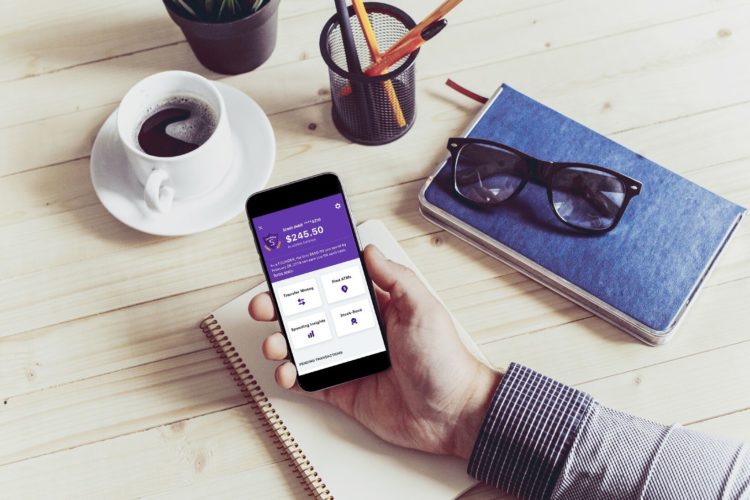New banks, Path to growth
How Grasshopper uses team building and customer acquisition strategies to catalyze its growth
- Grasshopper has recently grown its talent pool by bringing on four new executives to fill key roles in startup banking, embedded finance, product management, and SMB/SBA lending.
- We look at how team building is intertwined with Grasshopper’s growth strategy and its growth trajectory two years post-relaunch.
Sara Khairi | September 26, 2024
New banks
Stash’s new CMO, Jackie Stern on building big partnerships and the importance of simplifying products and communications in finance
- As investment service Stash matures, it's made a series of key hires in the C-suite.
- CMO Jackie Stern joins Stash as the firm works to scale its username, expand its product sets, and move into the next stage of its growth.
Zachary Miller | February 28, 2024
New banks
Looking back and moving forward: How neobanks tackled 2023 and what they expect from 2024
- 2023 wasn't the best year for traditional banks, but were neobanks any better off?
- Hear from Chime and Panacea Financial about the challenges they faced in 2023 and what they think the new year will hold.
Rabab Ahsan | January 04, 2024
New banks
‘We’re shortening the distance between consumers and the products they want and need’: MoneyLion’s Dee Choubey comments on Q3’23 and more
- MoneyLion delivered strong third-quarter earnings and revenue last week.
- Dee Choubey, co-founder and CEO of MoneyLion, discusses where the firm stands today and the trends propelling digital banking heading into 2024.
Sara Khairi | November 14, 2023
New banks
‘Fintechs need to do a better job of talking about how we’re at the forefront of trust and security’: 5 questions with MoneyLion’s CEO Dee Choubey
- MoneyLion's revenue increased 34% to $93.7 million in Q1 2023 from $70 million in Q1 2022.
- Tearsheet spoke with MoneyLion's Dee Choubey about the increased revenue for the quarter, the advancing role of AI in banking, and how the banking crisis is affecting fintechs.
Sara Khairi | May 18, 2023





